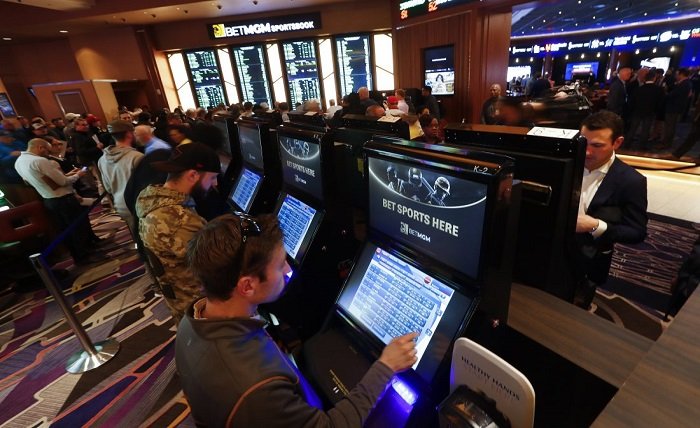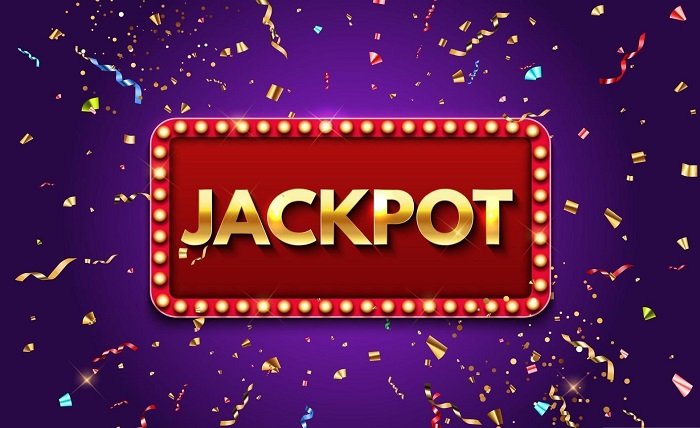Does House Edge Apply To Games Modeled On Lotteries?
Introduction
Among the most often used and easily available kinds of gambling around are lottery-style games. They appeal broadly because of their inexpensive entry prices, easy mechanics, and prospect of life-changing awards. But a crucial issue always surfaces when debating these games: does the house edge apply to lottery-style games? Examining the idea of house edge, how it operates in other gambling games, and whether it pertains to lotteries would help one to grasp this.
Recognizing The House Edge
The benefit a casino or gambling operator has over players in games of chance is known as the house edge. Represented as a percentage, it shows the operator’s long-term projected profit from every wager made. In a game like roulette, for example, the house edge takes into consideration the variation between the actual chances of an outcome and the ones presented to players. Simply said, the house advantage guarantees that, given its skew of the odds in favor of the operator, the operator will profit over time.
Many classic casino games such as blackjack, slots, or baccarat have clearly defined and generally acknowledged house edges. These games are built with odds that benefit the house, therefore the house edge guarantees that the casino will stay lucrative even when players win and lose over time.
Lottery-Style Games And Their Mechanics
Lottery-style games including national lotteries, scratch cards, and even bingo differ greatly from classic casino games. Usually including several players helping to create a prize pool, these games rely on random chance often with little talent or strategy involved to decide the winners. In a conventional lottery, for instance, participants select a set of numbers hoping their combination matches those picked in the official draw.
Lottery-style games are normally played against other players, unlike most casino games, which are usually played against the house; the operator just acts as a facilitator of the game. Usually split among the winners, the prize pool is determined just on chance and the player’s actions have no bearing on the probability of winning.
Does Lotteries Apply House Edge?
Basically, yes, house edge does apply to lottery-style games, but it shows differently than in conventional casino games. Although lottery-style games often incorporate the house’s advantage, traditional games feature a house edge that affects every bet made.
Usually, the house edge in lotteries fits the prize system of the game and the winning chances. For instance, the chances of winning the jackpot in many national lotteries are shockingly low, often in the millions to one. These low chances guarantee that the operator will be able to retain a good amount of the money gathered from ticket sales over time.
How Does Lottery-Style Game House Edge Work?
Regarding lottery games, the house advantage is mostly derived from the difference between the total money obtained from ticket sales and the total money returned to participants as winners. Although some of the prize money goes to the winners, the operator keeps a considerable amount for taxes, administrative expenses, and, most importantly, profit assurance.
In a lottery where the prize pool is $10 million but ticket sales equal $50 million, for example, the house advantage would be evident as the difference between the money returned to participants and the money gathered. This guarantees that, despite sporadic large jackpot payouts, the operator can maintain the game over time.
It is noteworthy that in lotteries, the house edge is sometimes more than in many classic casino games. This is thus because lotteries usually have less advantageous payout structures for players. Usually, the chances of obtaining a sizable prize are so low that the house edge is really important, often more than half in some lotteries.
Odds’ Role In Lottery-Style Games
Lottery-style games are entirely based on chance unlike conventional casino games where players could have some control over thae outcome (for example, in blackjack or poker). Consequently, the chances of victory are set and stay the same all through the game. Usually found in the regulations of the game, these odds help players to know their chances of winning a prize that is, either very likely or very rare.
In a regular 6/49 lottery, for instance, players select six numbers out of a pool of 49. About 1 in 13,983,816 are the chances of landing the jackpot. The house edge is significant even if the jackpot might look appealing since the chances are so long. These long odds provide the operator’s advantage in that the amount paid out is a tiny fraction of the overall ticket sales income.
Evaluating House Edge In Casino Games And Lotteries
Although lotteries and classic casino games like roulette or king999 slot contain a house edge, the utilization of this edge is somewhat different. Usually in casino games, players can see the odds and grasp the house edge with every stake. For instance, on a European roulette wheel, the house advantage is roughly 2.7%, hence over the long run the casino expects to gain an average profit of $2.70 for every $100 wagered.
Conclusion
Though it works differently than in conventional casino games, the house edge does apply to lottery-style games. Lotteries incorporate their edge through the odds of winning and the reward distribution, while the house edge in casinos is usually a function of the rules and chances of the game. Many lottery-style games have a strong house edge because of the low likelihood of winning big prizes and the operator’s requirement to pay administrative expenses and turn a profit. Knowing this would enable players to know that although the possible benefits are great, the chances of winning are greatly stacked against them and make more wise decisions while playing these games.






